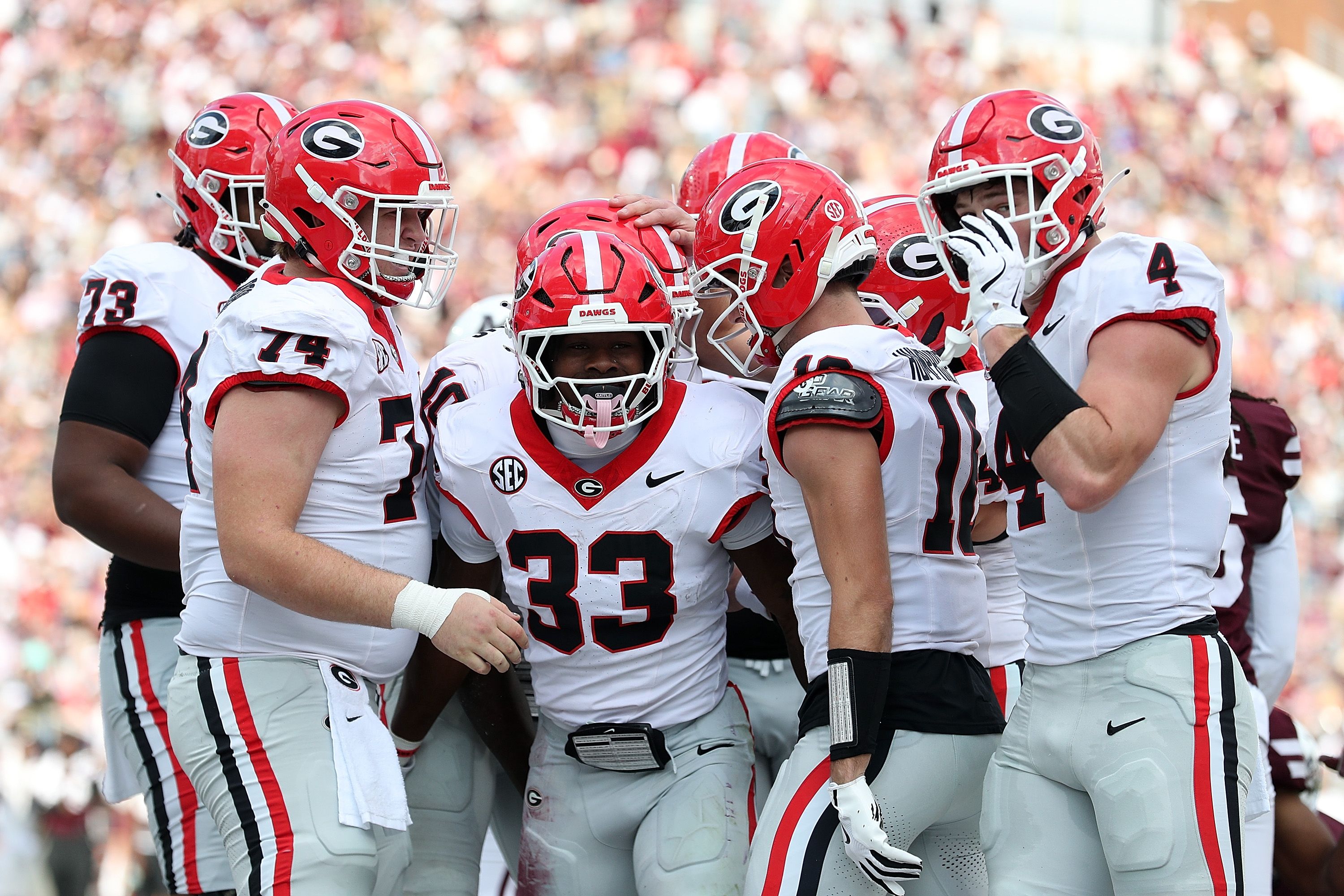Google and Disney just ended their most public streaming showdown yet. The two-week blackout that pulled ESPN, ABC, and 20+ Disney channels from YouTube TV ended Friday after CEOs Bob Iger and Sundar Pichai got directly involved in negotiations. The timing couldn't be more critical - college football season is heating up and this deal reshapes how streaming giants negotiate content rights.
Google and Disney just pulled back from the brink of a streaming war that could have redefined how content giants negotiate in the cord-cutting era. The companies announced a new carriage agreement Friday that immediately restores ESPN, ABC, FX, and more than 20 Disney-owned channels to YouTube TV after a two-week blackout that left millions of subscribers without access to live sports and primetime programming. The resolution comes just in time for college football's biggest weekend, but the real story is what this standoff reveals about the brutal economics of streaming.
The dispute erupted on October 30th when Disney pulled its entire channel lineup from YouTube TV over what sources describe as fundamental disagreements about pricing and packaging. Unlike typical carriage disputes that get resolved behind closed doors, this one played out publicly with both companies issuing statements and Google even offering subscriber credits. The stakes were enormous - YouTube TV has over 8 million subscribers paying $73 monthly, making it one of the largest virtual cable providers.
What changed the dynamic was direct CEO involvement. According to New York Times reporting, both Bob Iger and Sundar Pichai stepped in personally to break the deadlock. That level of executive attention signals how critical these streaming partnerships have become as traditional cable continues its decline. YouTube TV represents Google's biggest bet on replacing linear television, while Disney needs maximum distribution for ESPN as it prepares to launch a standalone streaming service.
"We're happy to share that we've reached an agreement with Disney that preserves the value of our service for our subscribers and future flexibility in our offers," YouTube said in its announcement. The language about "future flexibility" is telling - it suggests Google secured some concessions on how Disney content can be packaged and priced going forward.












